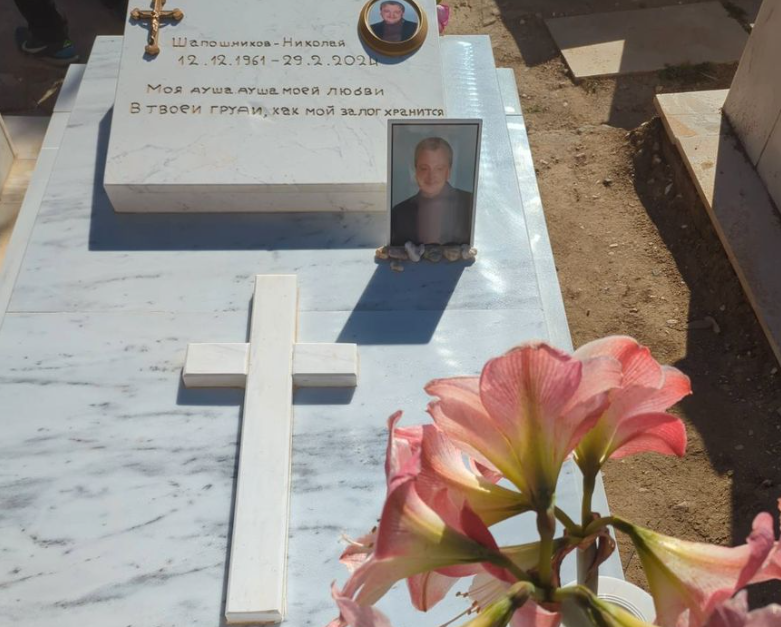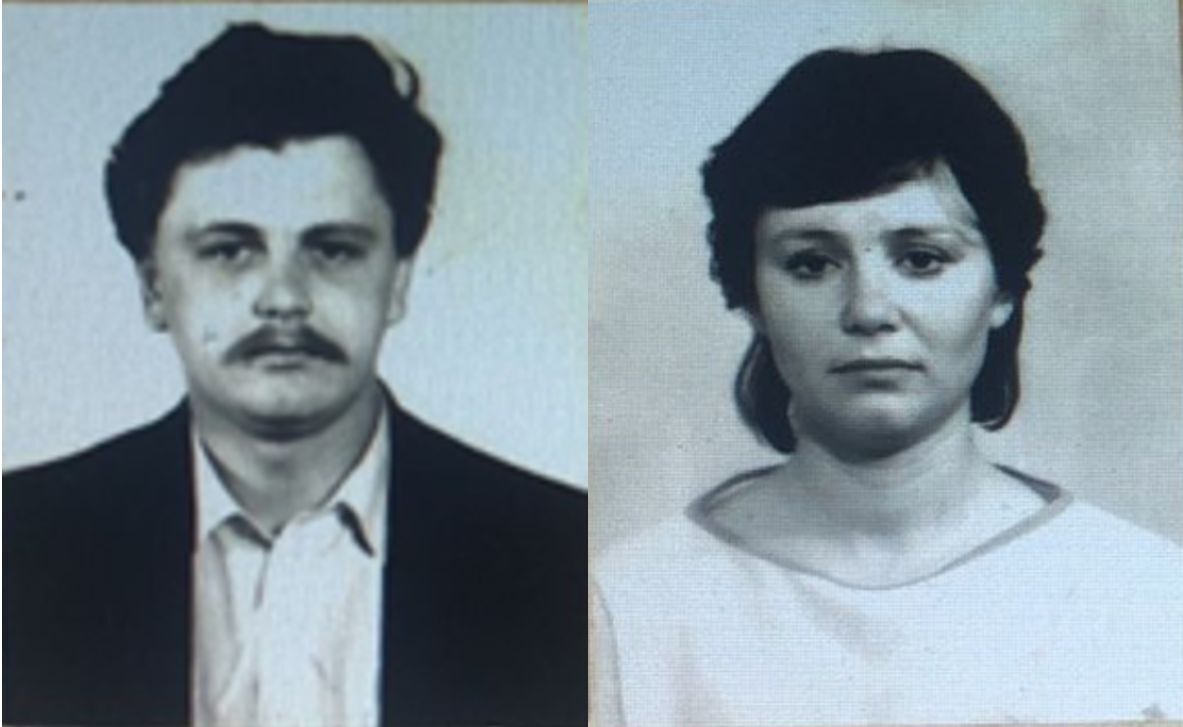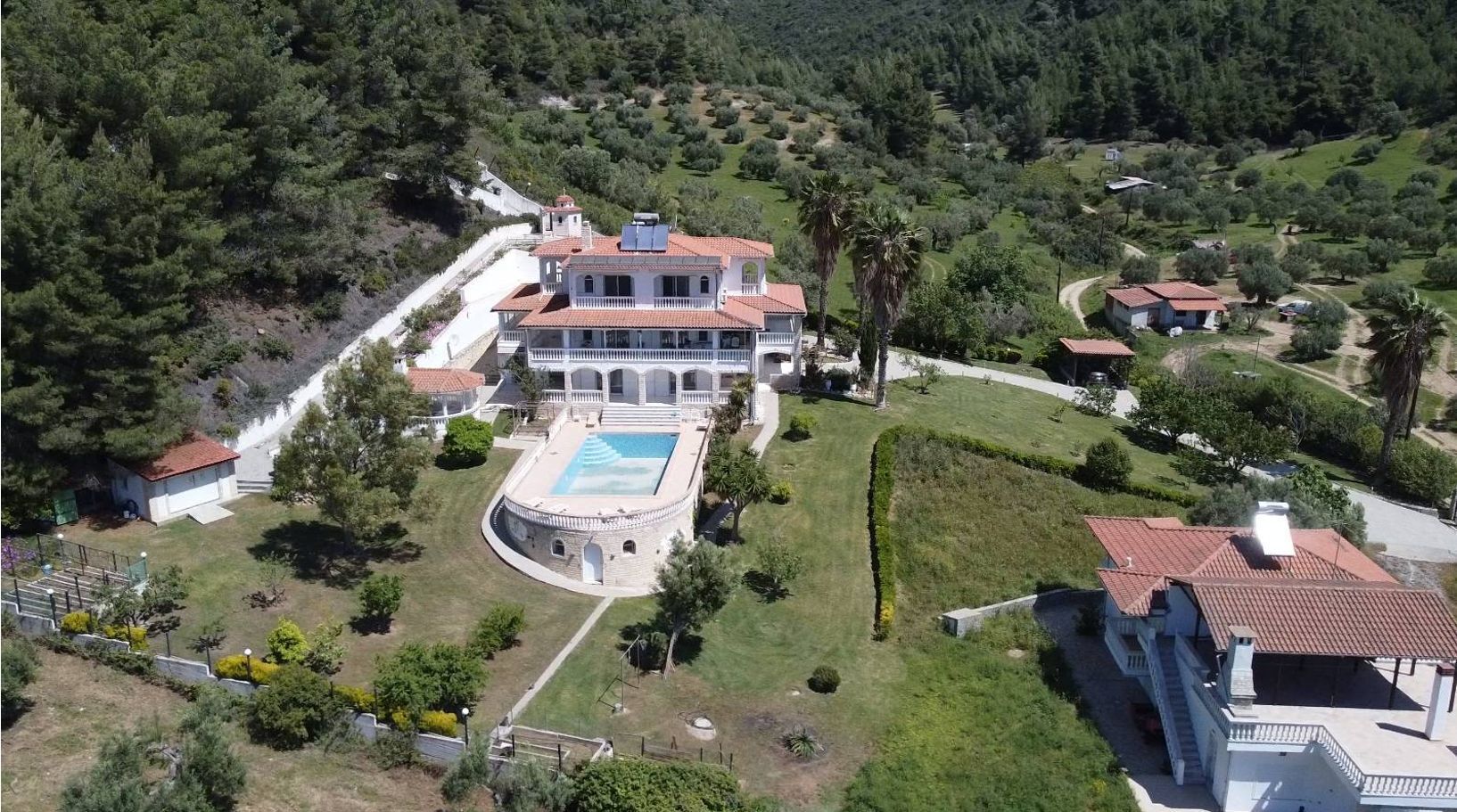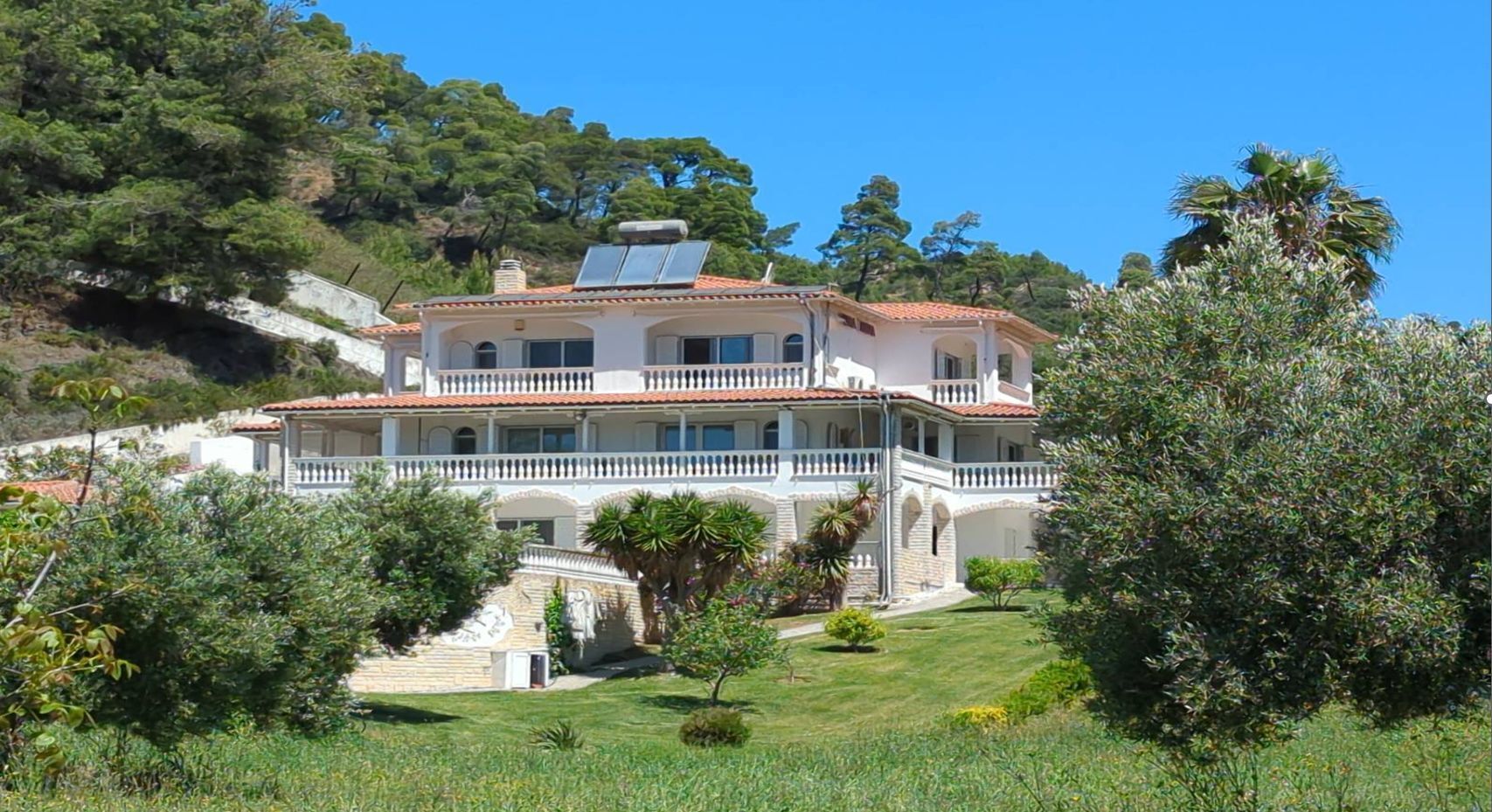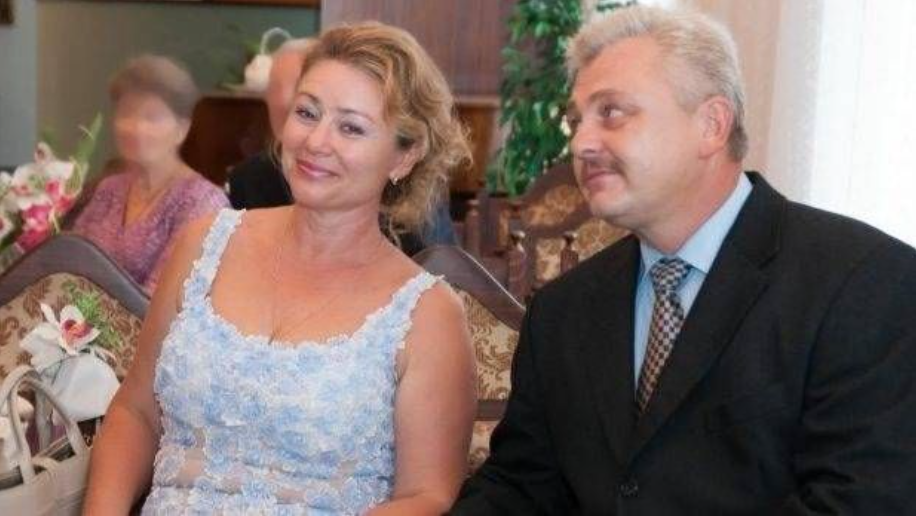World
Working for the GRU: former Russian military and his wife from Kyiv organized sabotage in Europe - investigation
Russian illegal spies Nikolay and Elena Shaposhnikov may be involved in a series of explosions and poisonings in Europe. They fraudulently obtained citizenship, settled in the Czech Republic under the guise of political emigrants and, despite their modest income, led the lives of millionaires - for example, they bought a luxury villa in Greece, which was used by Russian GRU officers as a safe house.
Czech investigators are already looking into the family's activities. However, after the start of the process, Nikolay suddenly died of a heart attack in February 2024. The Insider project does not exclude that the man began to abuse alcohol while waiting for his arrest. And Elena remains at large in Greece and continues to insist that she is being "persecuted" because of her Russian roots. Athens will soon have to decide whether the woman will be extradited to the Czech Republic.
How the Shaposhnikovs got abroad
At first glance, the Shaposhnikovs have the story of an ordinary Soviet family. Born in 1961 in Severodvinsk (Russia) to military engineers, Nikolay Shaposhnikov followed in his parents' footsteps and graduated from the engineering faculty of the Baku Military Command School, was appointed commander of a motorized rifle company, got married, and fought in Afghanistan for three years (1983-1986). In 1985, he divorced and immediately married Elena from Kyiv, who was then working at the Baku Institute of Physics. She is the daughter of a Soviet officer, and this marriage was also her second. From her first legal relationship, she had a son, Pavlo. The following year, Nikolay and Elena had a daughter, Valeria.
In 1987, Shaposhnikov was sent to Czechoslovakia to serve as a commander of a motorized rifle company in Jelsava, Slovakia. In 1989, he was expelled from the CPSU and accused of "repeatedly stealing gasoline and batteries from the army." It is not known whether this fact was true or far-fetched, but later it came in handy. In 1990, Shaposhnikov's military career ended, at least on paper, allegedly due to his health. The ex-soldier was sent as a reservist to Kyiv, where his wife's family lived.
Less than a year later, right after the Soviet withdrawal from the country, Shaposhnikov returned to Czechoslovakia, where he went to the police station in Zvolen and requested political asylum. He presented his expulsion from the Communist Party of the USSR as proof of "dissidence." He was granted political asylum in August 1991. A few months later, Shaposhnikov was joined by his wife Elena and two young children, who were also granted political asylum in 1992.
After the Czech Republic peacefully seceded from Slovakia and became an independent state, the family of self-styled dissidents immediately applied for citizenship. Even at this stage, they lied.
"Shaposhnikov lied that he was born into a family of officials, and concealed his service in Afghanistan. He also presented a fake birth certificate for his wife Elena's son from his first marriage, impersonating his father. Elena lied that she had surrendered her Ukrainian passport after being granted asylum in 1992; in fact, she continued to use it to travel to Russia and Ukraine (although she claimed that she could be persecuted there for political reasons)," the investigators noted. By the way, later the woman received a Russian passport with a serial number that is associated with the GRU.
In 1999, after several refusals, Nikolay finally became a Czech citizen. His wife became a Czech citizen in 2004 (after the apparent intervention of Stanislav Gross, then Minister of the Interior, who was notorious for his corruption). The immigration officer who worked on her case attached a handwritten note to it:"During the course of this case, there are various individuals who are constantly trying to intervene to achieve a positive outcome."
The Shaposhnikovs' connection to the Russian GRU military unit 29155
In the early 2000s, the head of the family got a job with the Imex group, which was engaged in arms trade, and in 2014 he "pulled" his two children into the company.
Shaposhnikov's wife officially ran her own business importing cast iron. However, as it later turned out during a police investigation, she was fully involved in Imex's activities. Moreover, Elena actively directed her husband's actions in direct coordination with the head of GRU military unit 29155, General Andrey Averyanov.
The family's official income did not match their lifestyle. For example, the Shaposhnikovs bought real estate in the Czech Republic and Greece. Czech investigators noted in their investigation:"In some cases, their official income could not even cover their monthly phone bill."
In 2009, the spies' family bought a large villa called Elena on the Halkidiki peninsula in Greece. Later, Elena Shaposhnikova claimed to investigators that her parents helped her with this. But that "would be difficult for a seventy-year-old couple living in Kyiv on a pension of less than $300 a month," The Insider noted.
The Shaposhnikovs moved to Villa Elena in 2010 and have visited the Czech Republic only occasionally since then.
Investigative journalists believe that members of the Russian GRU's 29155 unit regularly visited this house. Shaposhnikov herself collected information on military supplies for Russia and helped organize sabotage, such as the explosions of ammunition depots in the Czech Republic and Bulgaria and the poisoning of Bulgarian gunsmith Omelian Gebrev.
The spy kept in regular contact with the commander of the 29155 military unit, General Averyanov, by e-mail. During his trips abroad, he probably stayed at Villa Elena more than once. At least four other members of the military unit 29155 also flew there.
The data collected by the family for the Russian Federation was used by the aggressor for sabotage operations.
For example, in 2013, Shaposhnikova passed on to Averyanov information about the planned supply of pontoon bridges and KrAZ trucks to Vietnam for the Vietnamese Ministry of Defense. It is unclear why the GRU did not like the deal, but on December 17, shortly after departing from a Bulgarian port, the ship turned off its transponder and disappeared without a trace. This event disrupted future deliveries.
And in 2014, Shaposhnikovs organized access for Alexander Mishkin and Anatoly Chepiga (known in Russia as spire lovers Boshirov and Petrov) so that they could visit their warehouse in Vrbetyka with forged passports under the names Ruslan Tabarov and Nikolay Popa. On the day of their arrival, a powerful explosion occurred at warehouse No. 12, killing two employees of the company.
During interrogations, the Shaposhnikovs justified themselves by saying that all their ties to members of Unit 29155 were "personal" or due to legitimate business interests of Imex. The couple constantly changed or supplemented their testimony.
Moreover, the couple accused the Czech authorities of "political persecution" because of their Russian origin.
As OBOZ.UA previously reported:
- Recently, the Saxony police detained an assistant to a member of the European Parliament from the Alternative for Germany party on charges of spying for China. His home was searched.
- Germany also detained two Russian agents who were spying on US military facilities and preparing sabotage on military infrastructure and transportation routes for supplying aid to Ukraine.
Only verified information on our Telegram channel OBOZ.UA and Viber. Do not fall for fakes!







